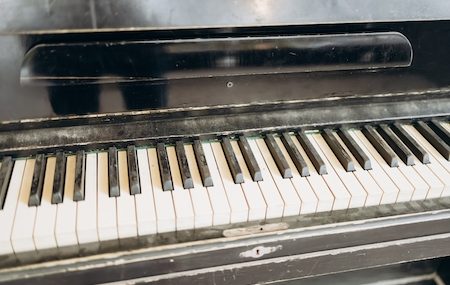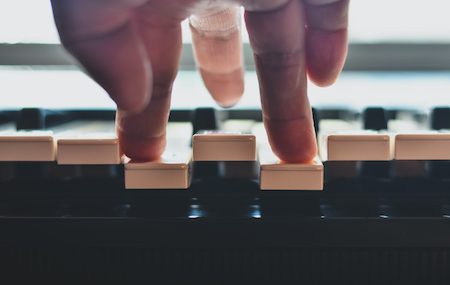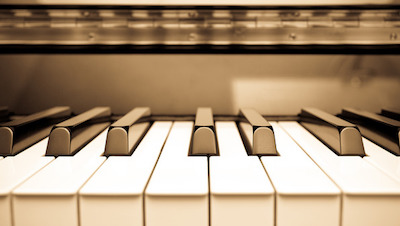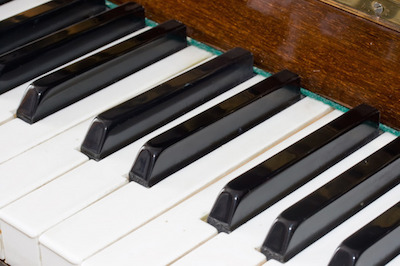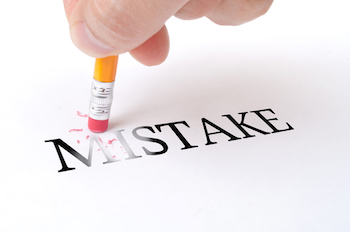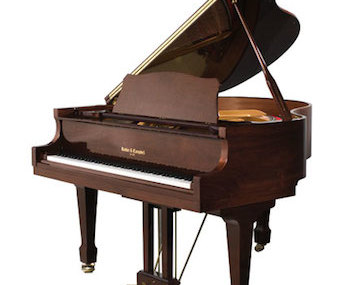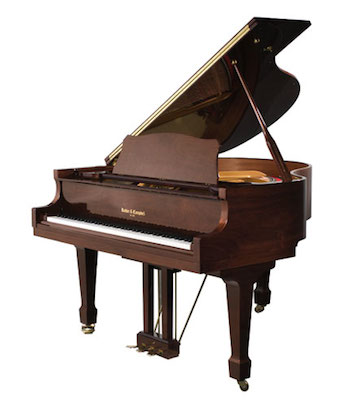In the market for a piano? Why not consider buying a used piano? With so many on the market, it may be your best investment.
Yet if you decide that a used piano is the way to go, consider who you will buy from and the quality you’ll receive.
Buying used is now widely accepted throughout many industries. Find it on eBay. Or scroll through Craigslist. You’ll be surprised at the “deals” you can find.
But what works for a desk or a chair might work differently for a piano. Here’s why.
Maintenance and care
Have you ever purchased a used car that looked beautiful outside, yet driving it only a few miles alerted you to extensive problems? If you’ve ever driven a lemon, you know how much money you put into your investment.
Pianos are similar by nature. While you can look at the outside of the piano and see its beauty, it won’t alert you to potential problems lurking inside. Pianos are made from organic materials. That means it matters how they were cared for, and how they were stored.
Temperature and relative humidity matter for a piano. If it sat in a cold basement or garage for years, where it often came close to freezing, it can warp and damage the wood. Too much moisture could cause rust and corrosion of the piano strings. And sunlight streaming across the wood can dry it out, crack it, and impact the sound.
Extensive damage
That “free” piano might not be “free” for very long. Extensive damage, even if it isn’t visible when you first look at it, can wind up causing your thousands of dollars.
Imagine a glass of water tipping underneath the lid. The water drips and streams across thousands of parts. Over time, it dries out wood, jams pins, and causes problems with the strings.
Or what happens if someone drops the piano while moving it? They might have moved it from one room to the next, with every intention of getting rid of it – that’s why they put it on Craigslist. But moving a piano is expensive, so they asked a friend. And it bump-bump-bumped as they drug it down the stairs. You can’t see the damage, but it’s just starting to appear.
How a dealer can help
Dealers sell used pianos too. Their goal is to get their clients into the very best piano to suit their needs. And sometimes, that means used.
A reputable dealer takes care of every used piano that comes through their door. They fully inspect it to ensure every piece is in good working order.
And that means you’ll have peace of mind when you bring it home, knowing it’s a high quality instrument that will give you years of pleasure.

